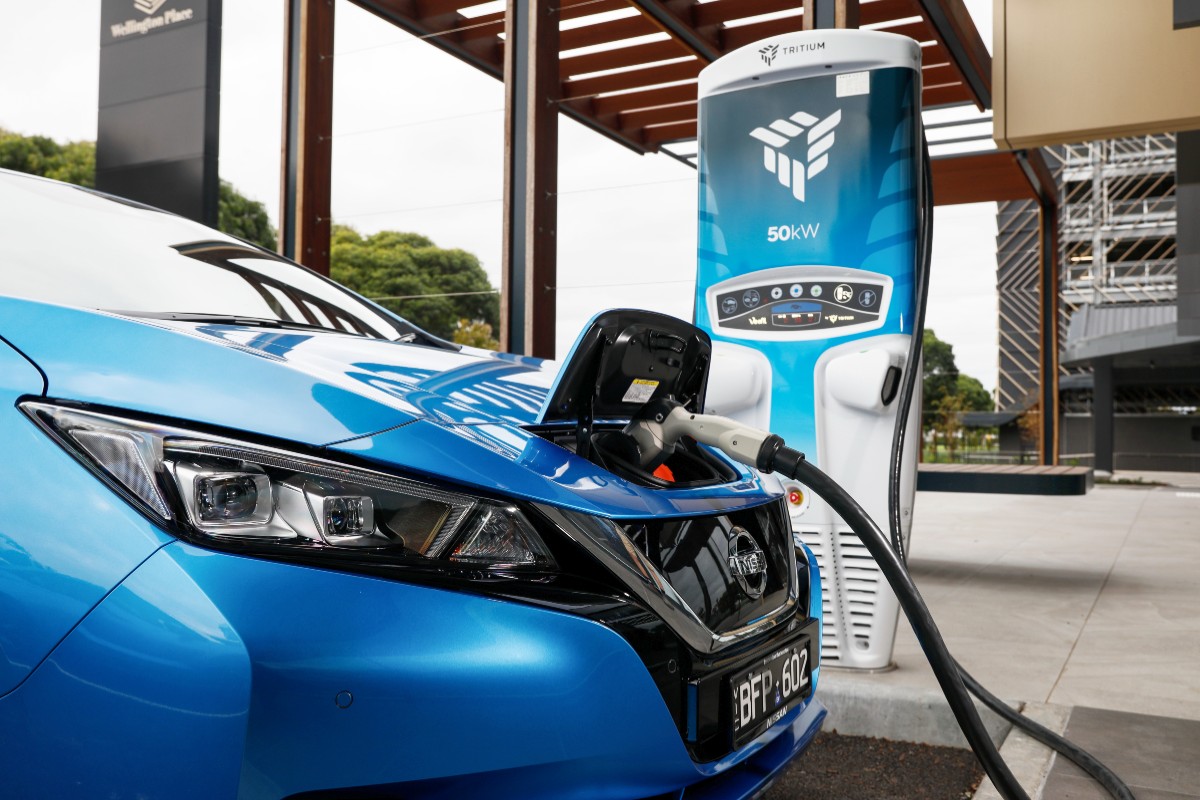Electric vehicles (EVs) are rapidly gaining popularity as a more environmentally friendly mode of transportation. However, as potential EV owners consider making the switch, they often wonder, “Do all electric cars use the same plug?” In this article, we will delve into the intricate world of electric vehicle charging and explore whether EVs universally share the same plug type.
Do All Electric Cars Use The Same Plug?
To answer the central question, let’s first discuss the different types of plugs used for electric vehicle charging. There are three primary plug types in use today:
- Type 1 (SAE J1772): This plug is commonly found on electric cars produced in North America. It features a standard 120V/240V connection and is widely supported by charging infrastructure across the continent.
- Type 2 (IEC 62196): Type 2 plugs are more commonly used in Europe and are compatible with both AC and DC charging. These connectors are slowly gaining popularity worldwide.
- CCS (Combined Charging System): CCS plugs are an evolution of Type 2 plugs and are the most versatile. They allow for fast DC charging and are often used in Europe and the United States.
While these are the primary plug types, there are also region-specific plugs like CHAdeMO in Japan. So, in essence, not all electric cars use the same plug. The choice of plug depends on the car manufacturer, the region in which the vehicle is sold, and the intended use of the charger.
How Do You Choose the Right Plug?
Selecting the right plug for your electric car largely depends on your location and charging needs. Here are a few key considerations:
1. Vehicle Compatibility: Your electric car will come with a specific plug type. Ensure that the charging infrastructure you plan to use is compatible with your car’s plug.
2. Location: If you reside in North America, Type 1 plugs are the norm. Type 2 is more common in Europe. CCS plugs are increasingly popular in both regions. Consider the plug types available in your area.
3. Charging Speed: Different plug types support varying charging speeds. CCS, for example, allows for faster DC charging. Choose a plug that aligns with your desired charging time.
4. Charging Stations: Research local charging stations to see which plug types they support. Public charging stations often have multiple connectors to accommodate a broader range of electric vehicles.
The Future of EV Charging
As the electric vehicle market continues to expand, standardization efforts are underway to simplify the charging experience. The CCS plug, with its ability to handle both AC and DC charging, is gaining traction as a global standard. Many automakers are adopting this plug type to ensure compatibility with a wide range of charging infrastructure.
In addition, wireless charging technology is on the horizon. This technology would eliminate the need for physical plugs altogether, making EV charging even more convenient and user-friendly.
Conclusion
In conclusion, not all electric cars use the same plug. The plug type depends on the car’s manufacturer, the region, and the evolving standards in the electric vehicle industry. It’s essential to do your research and ensure your electric car’s plug is compatible with the charging infrastructure available to you. As the electric vehicle market continues to grow, we can expect further standardization and advancements in charging technology. This will ultimately make owning an electric car even more convenient and accessible.
Remember, when considering an electric vehicle, the question of, “Do all electric cars use the same plug?” is only one piece of the puzzle. But with the right information, you can make an informed choice that aligns with your needs and location.
